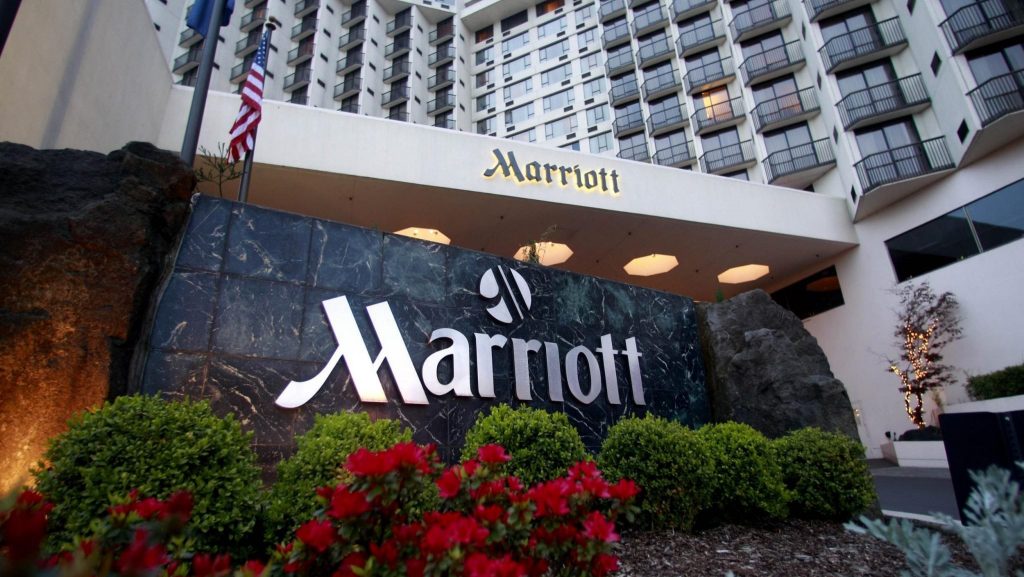Marriott International has announced that its near and long-term science-based emissions reduction targets have been verified by the Science Based Targets initiative (SBTi), committing the company to achieving net-zero emissions across the value chain by 2050.
The target boundary will include emissions removal from bioenergy feedstocks.
The global hospitality company is aiming to reduce absolute Scope 1 and 2 greenhouse gas (GHG) emissions by 46.2% by 2030 from a 2019 baseline. Additionally, it is targeting a 27.5% reduction in absolute Scope 3 GHG emissions by 2030, encompassing activities such as energy usage, waste management and employee commuting.
Marriott International is also aiming for 22% of its suppliers, ranging from purchased goods to transportation services, to adopt science-based emissions reduction targets by 2028.
The company is committed to achieving a 90% reduction in absolute Scope 1 and 2 GHG emissions, as well as in Scope 3 emissions by 2050. The target boundary will include emissions removal from bioenergy feedstocks.
Marriott International’s chief executive Anthony Capuano said: “The impact of climate change is being seen and felt across the globe.
The company’s strategy focuses on energy reduction, increased use of renewable energy sources and prioritising low-carbon procurement practices across its global portfolio of more than 8,800 properties spanning 139 countries and territories.
Marriott International’s recent sustainability initiatives include the rollout of its climate action programme (CAP) and tailored carbon and energy reduction targets for each managed and franchised property.
The menus feature a take on zero-waste cuisine, curated by chefs from four hotels including London Hilton on Park Lane, Hilton Manchester Deansgate, Hilton London Metropole and DoubleTree by Hilton Brighton Metropole.
The dishes utilise innovative cookery techniques such as root-to-shoot and nose-to-tail cookery, rescuing and repurposing leftover food, and pickling surplus fruit and vegetables.
According to the United Nations Environment Programme (UNEP), approximately one billion tonnes of food is wasted annually worldwide, equating to one fifth of all available food to consumers.
The food services industry contributes over a quarter of this waste. An estimated 8-10% of global GHG emissions are associated with unconsumed food.
Through initiatives like these menus, Hilton aims to tackle food waste and achieve a 50% reduction in waste send to landfill by 2030.
Tags: Bioenergy, Feedstock, Marriot, NetZero

Recent Posts
DPIIT promotes green logistics industry
Petronet LNG reports record volumes
TotalEnergies buys stake in wind farm to produce green hydrogen
Ports of Indiana, Port of Antwerp-Bruges partner on green shipping
Bhutan moves towards green transition
GCMD completes biofuel supply chain trials with Hapag-Lloyd
Airbus partners with Avolon on hydrogen aviation
Nuclear power transition more safe option for decarbonisation than coal